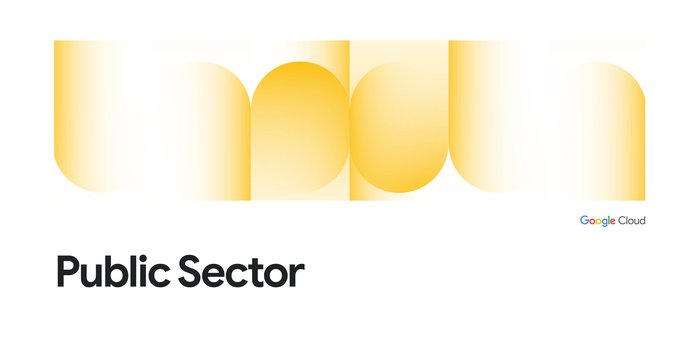A sizzling open source release for the Australian Election site
Brett Morgan
Developer Programs Engineer
One of the best parts of my job at Google is 20 percent time. While I was hired to help developers use Google’s APIs, I value the time I'm afforded to be a student myself—to learn new technologies and solve real-world problems. A few weeks prior to the recent Australian election an opportunity presented itself. A small team in Sydney set their sights on helping the 15 million voters stay informed of how to participate, track real-time results, and (of course) find the closest election sausage sizzle!


Our team of designers, engineers and product managers didn't have an immediate sense of how to attack the problem. What we did have was the power of Google’s APIs, programming languages, and Cloud hosting with Firebase and Google Cloud Platform.


The result is a mish-mash of some technologies we'd been wanting to learn more about. We're open sourcing the ausvotes.withgoogle.com repository to give developers a sense of what happens when you get a handful of engineers in a room with a clear goal and a immovable deadline.
The Election AU 2016 repository uses:
- Go from Google App Engine instances to serve the appropriate level of detail for users' viewport queries from memory at very low latency, and
- Dart to render the live result maps on top of Google Maps JavaScript API using Firebase real time database updates.
A product is only as good as the attention and usage is receives. Our team was really happy with the results of our work:
- 406,000 people used our maps, including 217,000 on election day.
- We had 139 stories in the media.
- Our map was also embedded in major news websites, such as Sky News.
Complete setup and installation instructions are available in the Github README.



